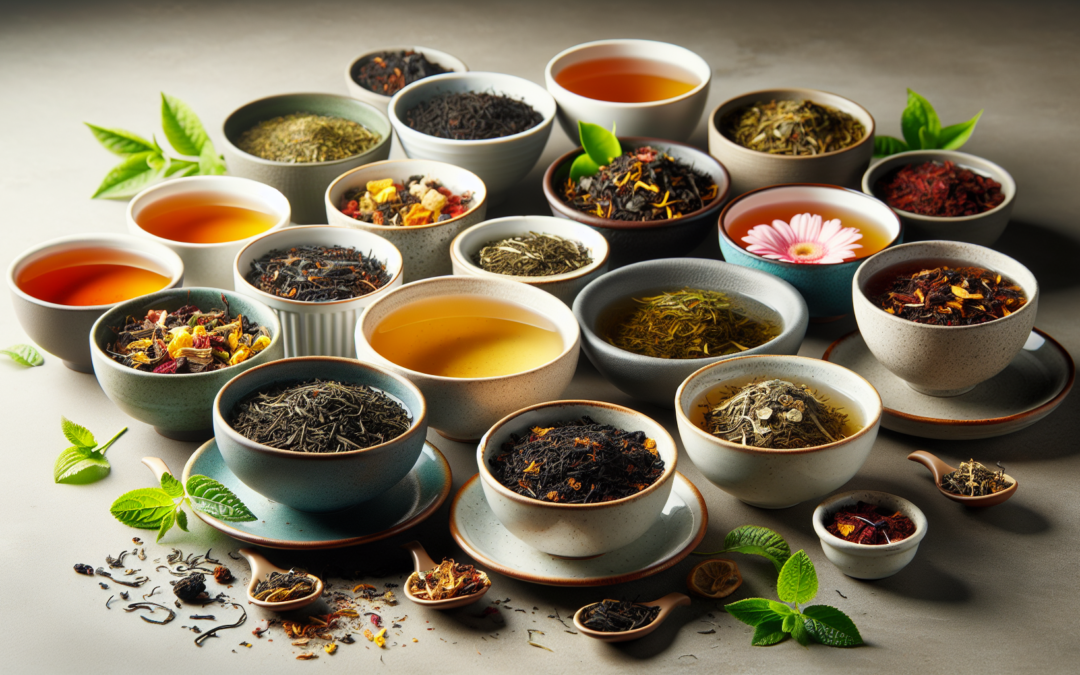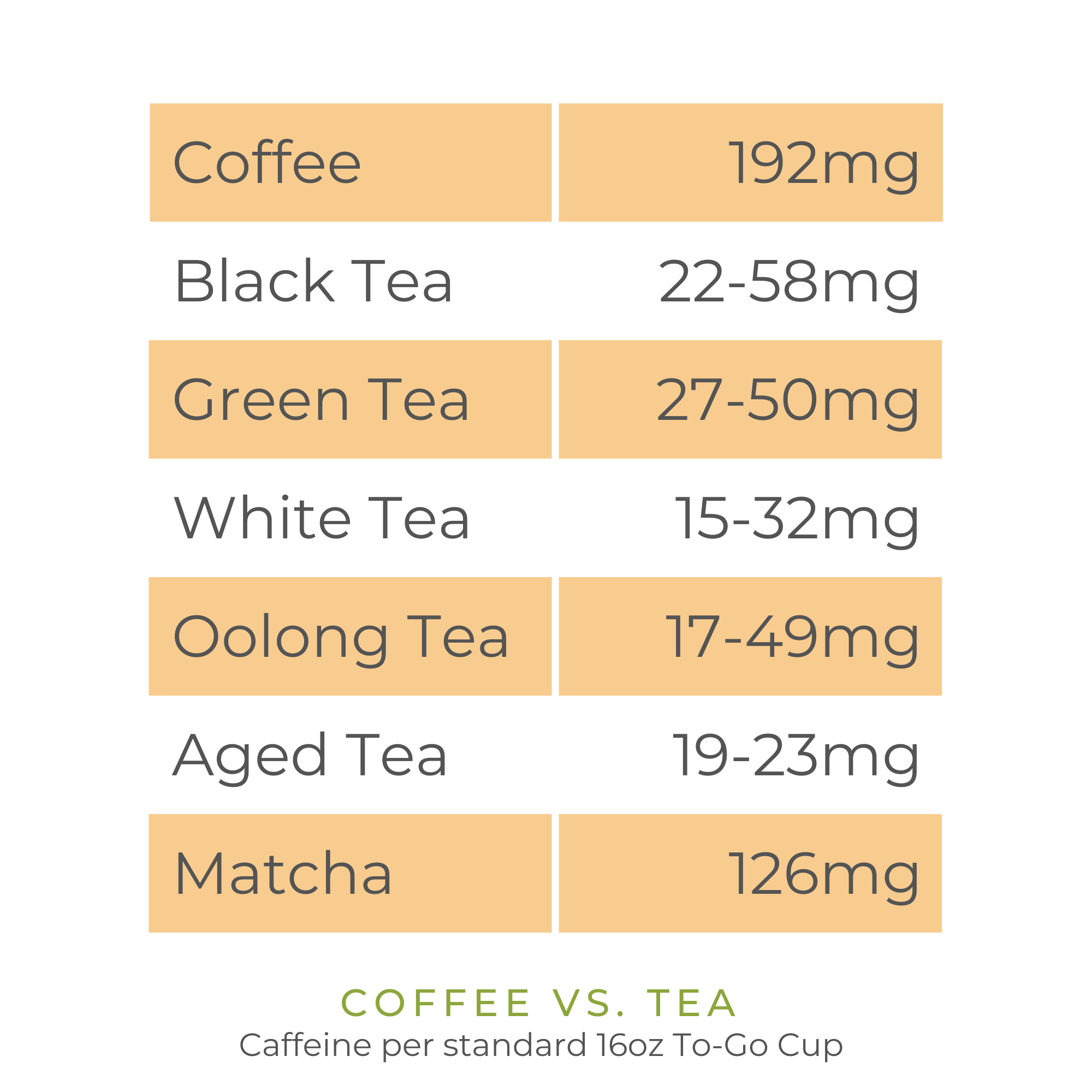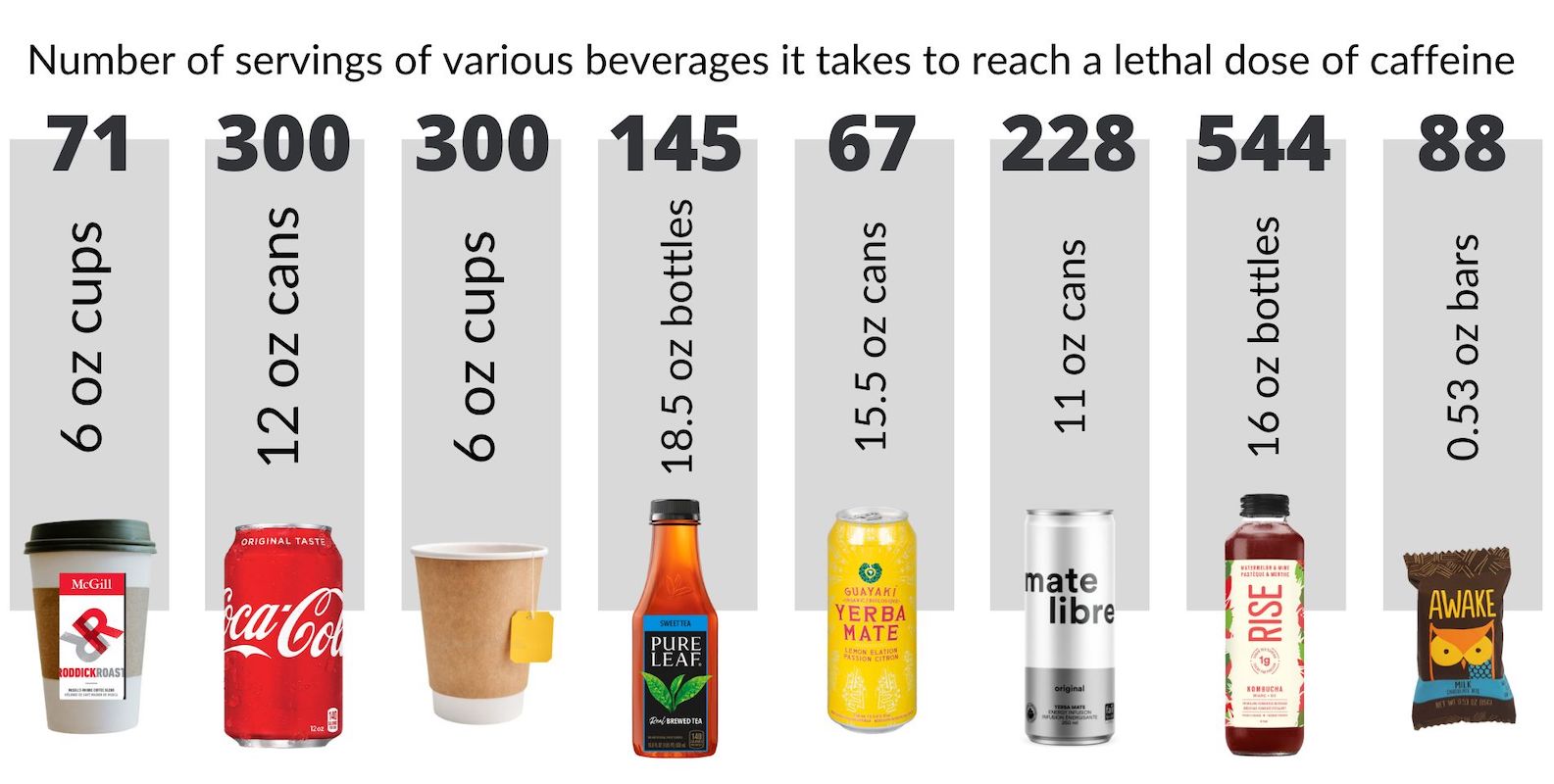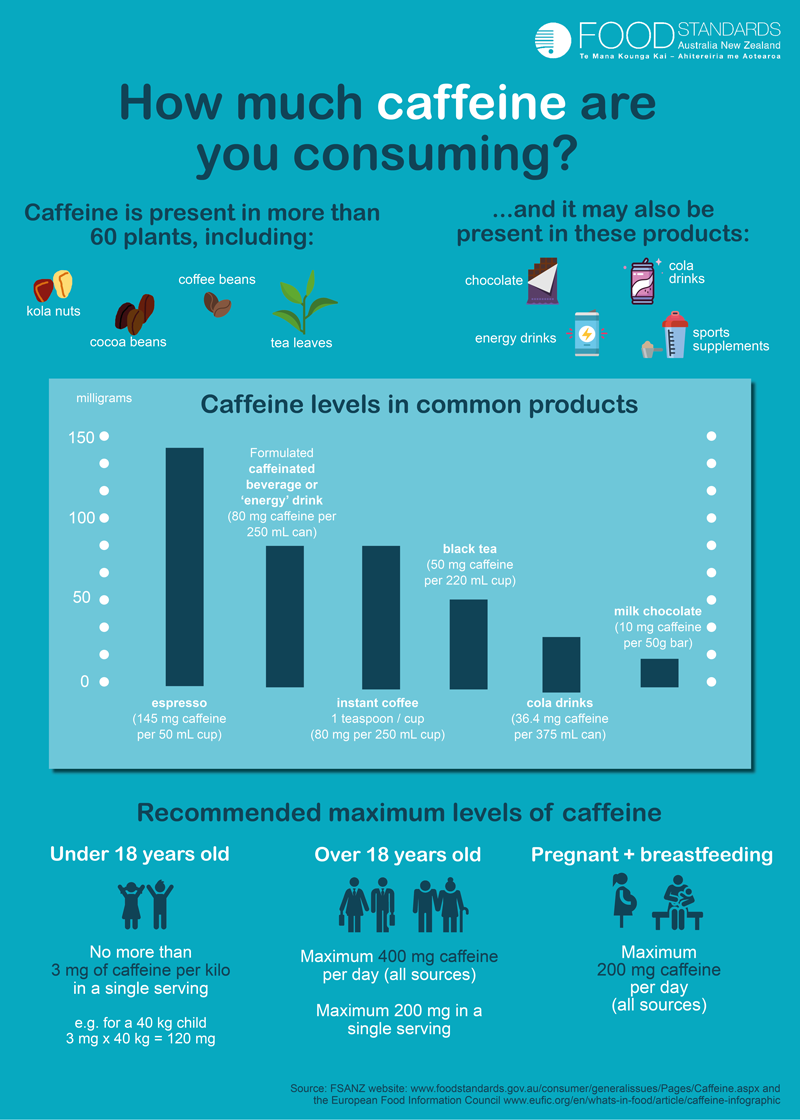Best Tea For Weight Loss Without Caffeine

For individuals seeking a natural and gentle approach to weight management, the world of herbal teas offers a compelling alternative, especially for those avoiding caffeine. Numerous caffeine-free options boast properties believed to support metabolism, reduce bloating, and promote overall well-being, all without the jitters or sleep disturbances associated with caffeinated beverages.
This article explores the best caffeine-free teas for weight loss, delving into their potential benefits, how they work, and how to incorporate them into a healthy lifestyle. We'll examine scientific evidence and expert opinions to provide a balanced perspective on these popular beverages.
Understanding Caffeine-Free Teas for Weight Loss
It's crucial to understand that no single tea is a magic bullet for weight loss. The effectiveness of caffeine-free teas for weight management relies on a holistic approach that includes a balanced diet and regular exercise.
However, certain herbal teas may offer support by promoting hydration, aiding digestion, and potentially boosting metabolism. These teas can also act as a healthy and flavorful substitute for sugary drinks, reducing overall calorie intake.
Rooibos Tea: A South African Delight
Rooibos tea, also known as red tea, is a popular caffeine-free option hailing from South Africa. It is rich in antioxidants, including aspalathin, which some studies suggest may help regulate blood sugar levels.
A 2014 study published in the Journal of Functional Foods indicated that rooibos tea could increase fat metabolism. More research is needed to confirm these findings, but the initial results are promising.
Rooibos is also naturally sweet, making it a satisfying substitute for sugary beverages. Its smooth, earthy flavor is enjoyable both hot and iced.
Peppermint Tea: Soothing Digestion
Peppermint tea is well-known for its digestive benefits. The menthol in peppermint can help relax the muscles in the digestive tract, reducing bloating and improving digestion.
A healthy gut is essential for efficient nutrient absorption and waste elimination, which can indirectly contribute to weight management. Peppermint tea can also help curb cravings by providing a refreshing and satisfying beverage.
Drinking a cup of peppermint tea after meals can aid digestion and prevent that uncomfortable full feeling that can sometimes lead to overeating.
Ginger Tea: Boosting Metabolism and Reducing Inflammation
Ginger tea, made from the rhizome of the ginger plant, has a long history of use in traditional medicine. It's known for its anti-inflammatory properties and potential to boost metabolism.
Studies have shown that ginger can increase thermogenesis, the process by which the body burns calories to produce heat. This effect, while modest, can contribute to weight management when combined with other healthy habits.
Ginger also has appetite-suppressing effects, which can help reduce overall calorie intake. Its spicy, invigorating flavor can be enjoyed hot or cold.
Chamomile Tea: Promoting Relaxation and Better Sleep
Chamomile tea is prized for its calming and relaxing properties. While it doesn't directly burn fat, adequate sleep is crucial for weight management.
Lack of sleep can disrupt hormones that regulate appetite, leading to increased cravings and overeating. By promoting relaxation and improving sleep quality, chamomile tea can indirectly support weight loss efforts.
Drinking a cup of chamomile tea before bed can help you unwind and get a better night's rest. Its gentle, floral flavor is a soothing bedtime ritual.
Lemon Balm Tea: Easing Stress and Improving Mood
Lemon balm tea is another herb known for its calming effects. Chronic stress can lead to increased cortisol levels, which can contribute to weight gain, particularly around the abdomen.
By reducing stress and improving mood, lemon balm tea can help prevent stress-related overeating. Its citrusy, refreshing flavor makes it a pleasant and healthy beverage choice.
Some studies also suggest that lemon balm may have mild antioxidant properties. More research is needed to fully understand its potential benefits for weight management.
Incorporating Caffeine-Free Teas into Your Diet
To maximize the potential benefits of caffeine-free teas for weight loss, consider the following tips. First, choose high-quality, loose-leaf teas or tea bags from reputable brands.
Brew the tea properly, following the instructions on the package. Experiment with different flavors and blends to find options you enjoy.
Drink tea throughout the day as a substitute for sugary drinks or snacks. Pair your tea consumption with a balanced diet and regular exercise for optimal results.
It’s important to consult with a healthcare professional or registered dietitian before making significant changes to your diet or lifestyle, especially if you have any underlying health conditions.
The Bottom Line
While caffeine-free teas are not a magic solution for weight loss, they can be a valuable addition to a healthy lifestyle. By promoting hydration, aiding digestion, reducing stress, and potentially boosting metabolism, these teas can support weight management efforts.
Rooibos, peppermint, ginger, chamomile, and lemon balm teas are all excellent caffeine-free options to consider. Remember to choose high-quality teas, brew them properly, and incorporate them into a balanced diet and exercise routine.
Ultimately, the best tea for weight loss is the one you enjoy drinking consistently as part of a holistic approach to health and well-being. Further research and studies in the future may help us to understand better the benefits of these caffeine-free teas.

















